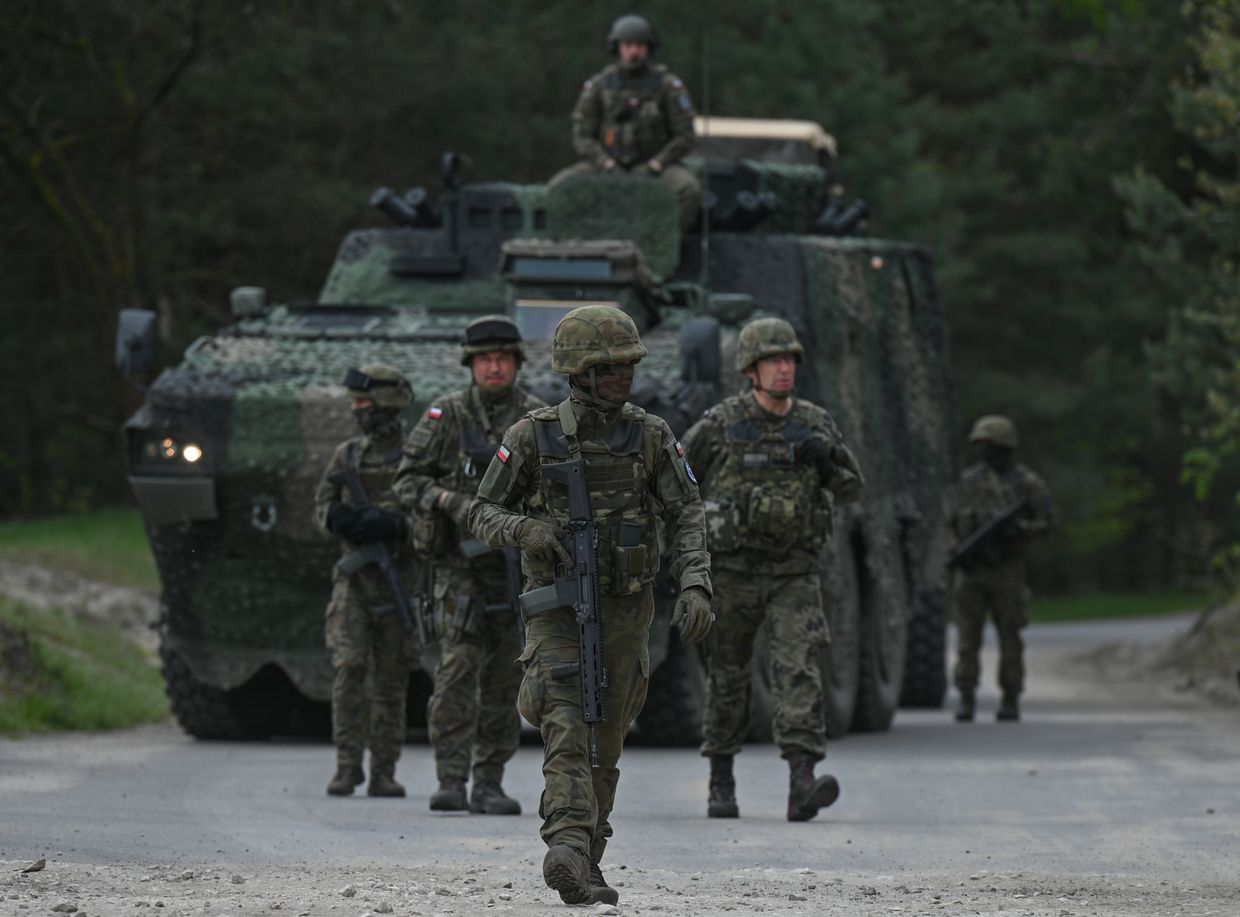German politicians call for EU response after Budapest simplifies entry for Russians.
Support independent journalism in Ukraine. Join us in this fight.
Become a member Support us just onceGerman politicians are demanding an EU-wide response after Hungary simplified entry requirements for Russian and Belarusian citizens in July, German news outlet Bild on Aug.
3 German MEP Manfred Weber, the head of the center-right European People's Party (EPP) Group in the European Parliament, told Bild that "there must be consequences" to Hungary's decision. "Anyone who allows Russians into the EU without checking them is massively endangering Europe's security," Weber said. "Putin's spies and murderers have already caused a lot of damage in the EU and Germany.
Further damage must now be prevented." Weber sent a letter at the end of July to European Council President Charles Michel, warning that Budapest' move created "grave loopholes for espionage activities." Hungary simplified its entry requirements for Russian and Belarusian citizens in July, when it quietly included citizens from these countries in the National Card program, allowing them to work in Hungary for up to two years.
Murderer freed in prisoner swap is FSB agent, Kremlin confirms
A German court sentenced Vadim Krasikov to life imprisonment in 2021 for the murder of Zelimkhan "Tornike" Khangoshvili in 2019.

There is no special vetting process at the European level for National Card holders, which is available to those interested in working or conducting business in Hungary. "It is unacceptable that an EU country allows Russians into the country virtually unchecked," Michael Stubgen, a former German MP and current State Minister for Brandenburg, told Bild. Stricter checks should be introduced at Hungary's borders with other EU countries as "European treaties allow border controls for exceptional situations," Stubgen said.
Hungary borders the EU countries of Slovakia, Romania, Croatia, Austria, and Slovenia, as well as Serbia and Ukraine. Hungary's National Card offers several advantages, including family unification, eligibility for permanent residency after at least three years, and the ability to change status without returning to the home country. After holding the National Card for three years, non-Hungarian nationals can qualify for permanent residency.
Budapest has been long considered the most Kremlin-friendly country within the EU, repeatedly obstructing sanctions against Russia and military aid to Kyiv.
Poland and Ukraine to form a military unit from Ukrainians in Europe. Will it be effective? Kyiv and Warsaw have agreed to form and jointly train a new army brigade on Polish soil, betting the initiative could help recruit some of the scores of Ukrainian men living in Poland and other EU countries.
The so-called Ukrainian Legion, a fresh initiative to boost Ukraine's military manpower
